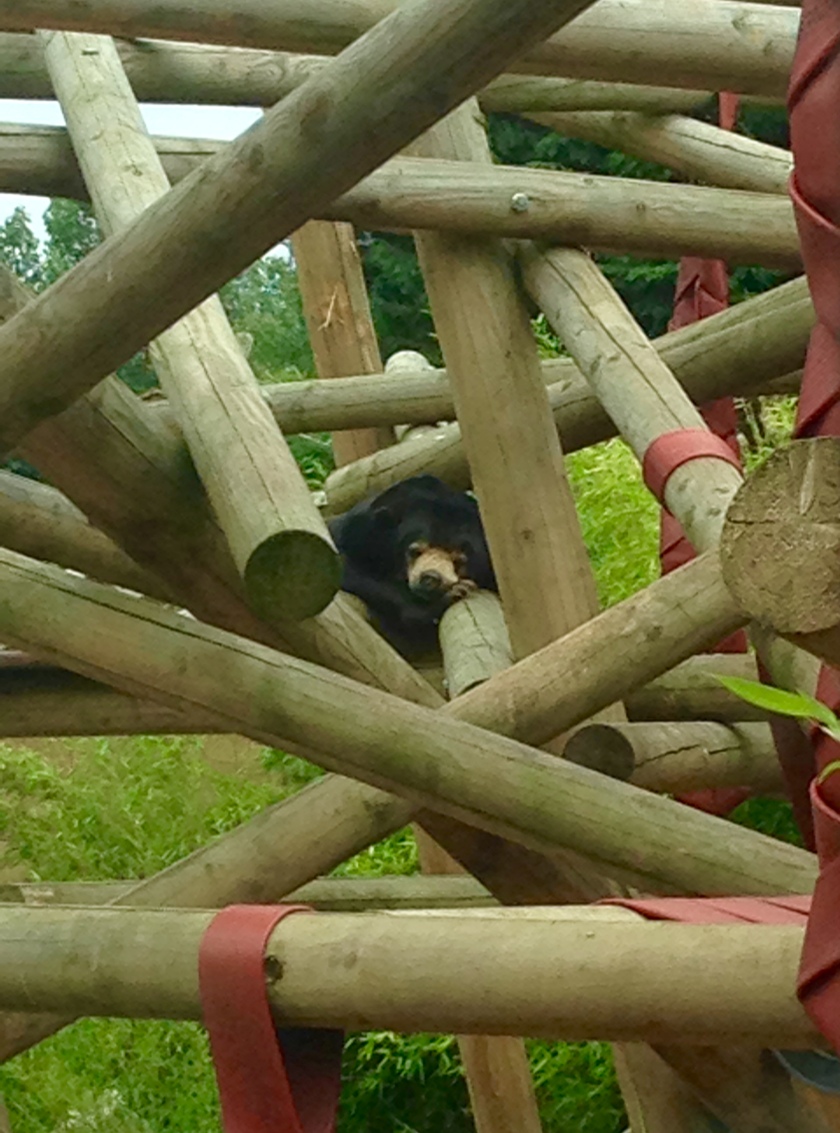The date of my expedition draws closer and, in the interim, I thought I’d dedicate a few posts to the work I’ll be doing when I’m in Borneo. Raleigh expeditions consist of three phases: an environmental phase, a community phase and an adventure phase so I thought I’d write a bite-sized piece on each, starting with the environmental phase.
Some geography first. Borneo is the third largest island in the world; it is not a country but a land mass divided between the countries of Brunei, Malaysia and Indonesia. Raleigh works in the North-East of the island in the state of Sabah, Malaysian Borneo. The name Borneo is derived from Brunei which itself is thought to be from the Sanskrit word varun, meaning ‘ocean’. It was known by Indonesian natives as Kalamanthana, which translates as ‘burning weather island’ for the island’s hot and humid climate. It is Borneo’s burning weather that provides the conditions for one of the oldest tropical rainforests in the world. The rainforests of Borneo are estimated to be about 140 million years old. This is many times older than the not-so-humble Homo sapiens, twice as old even than the first primate. In fact 140 million years puts Borneo’s forests right back in the Cretaceous period, along with the last of the dinosaurs and the very first mammals.
In addition to their great age, the forests that cloak the island are one of Earth’s biodiversity hotspots, a hub of evolution and endemism. Not only does Borneo act as one of the last safehouses for the endangered orang-utan, but as a refuge for a whole host of species, including clouded leopards, Asian elephants and sun bears (the world’s smallest, and my favourite, species of bear). A myriad of plant species also make their home in Borneo’s vast expanses of forest, including a colossal 3000 species of tree and 15,000 flowering plants. As well as their stunning biodiversity, these rainforests also provide livelihoods, food and water for local communities and help sustain the health of our planet as a whole. Rainforests are not known as the ‘lungs of the Earth’ for nought.
However, this abundance of floral diversity proved too much for the greed of humanity. Mass industrialisation in the Sixties brought with it some of the most intensive and most destructive deforestation the world has ever seen. Huge swathes of primary rainforest were logged, burnt and cleared to make space for agricultural land and palm oil plantations. To this day, destructive, and often illegal, activities continue to threaten Borneo’s natural systems, with impacts not only on its flora and fauna but on local communities of indigenous peoples.
Conservation work in these areas is, thus, of paramount importance both for preserving vulnerable ecosystems and enabling local people to continue living in harmony with their environment. Raleigh works both with local conservation organisations and the scientific community in a mutual venture to achieve this. These environmental projects are usually based in Sabah’s major conservation areas, in some of the remotest places on the island and in some of the last stands of true virgin rainforest. Work involves building and maintaining infrastructure that facilitates better management of natural resources. For example Raleigh groups have helped to build a large suspension bridge using trees which had fallen from natural causes, giving scientists access to areas that have never before been surveyed, thus allowing the documentation of new species. This also allows rangers to patrol and combat illegal loggers and poachers more effectively. Projects can also involve helping with biological surveys, including the installation of camera traps, a conservation approach in which I’m reasonably well versed (see previous post).
The mutuality of this venture between Raleigh and a multitude of other organisations is important and something which is going to be essential if we are ever to succeed in protecting beautiful natural habitats and the creatures that reside in them. We are working against forces of greed and desperation, with a different kind of greed and desperation. A greed for life and a desperation for man to live sustainably in harmony with nature. Only together will this be achievable. Hopefully, by going on expedition with Raleigh, I’m making my contribution to this effort. Will you make yours?
#RallyForRaleigh

